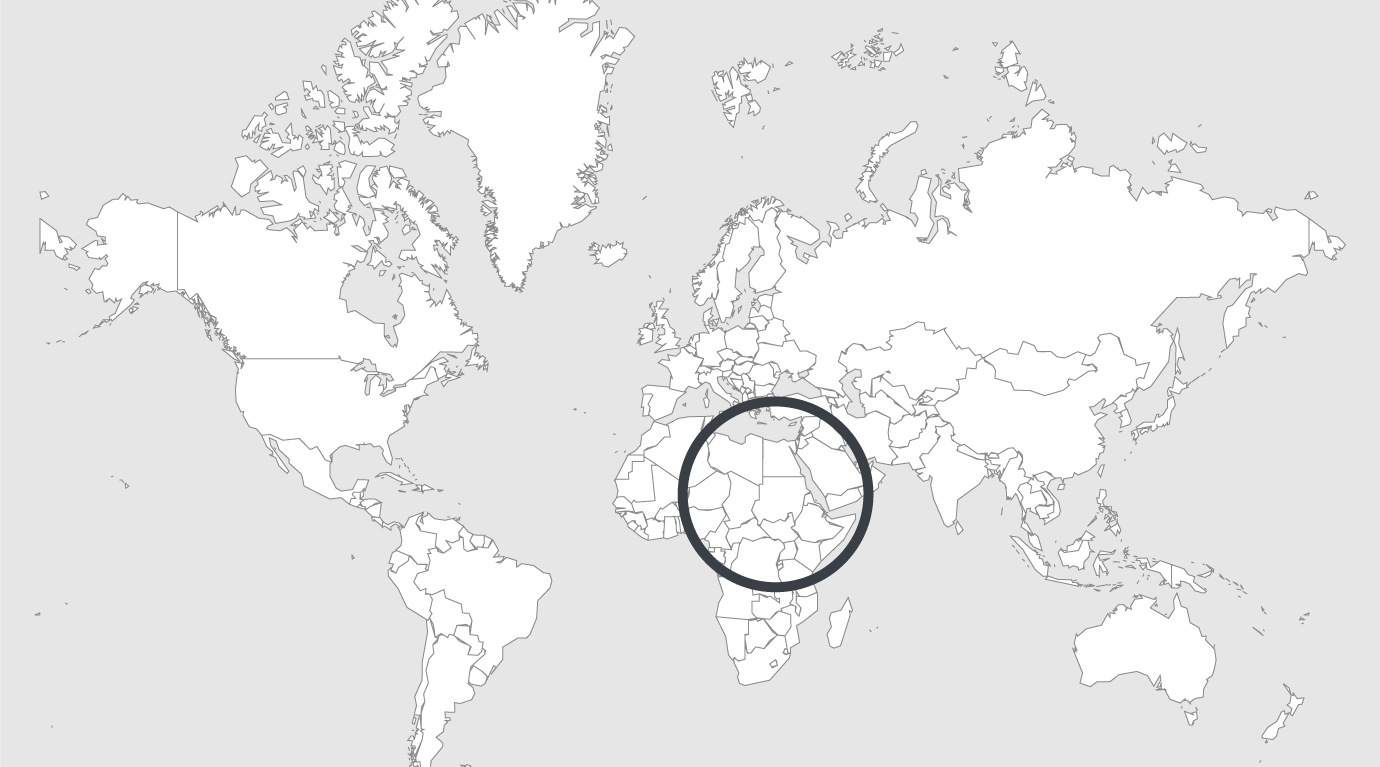
Explore
Tanzania: more holes poked in the DPP's bail powers
Two prominent law professors, Gamaliel Mgongo Fimbo and Chris Maina Peter, are at one on the unconstitutionality of a provision granting powers on the Director of Public Prosecutions (DPP) to deny bail to accused persons in criminal proceedings.
In a hearing conducted by the Court of Appeal last week, the two seasoned lawyers, who were invited as amicus curie (friends of court), supported the judgment given by the High Court to declare as “a bad law” the DPP’s power conferring provision, which is section 148 (4) of the Criminal Procedure Act (CPA). “Section 148 (4) is unconstitutional. I do not find ground that the decision of the High Court could be challenged,” Prof. Maina told a Full Bench composed of five members.
They are Justices Bernard Luanda, Kipenka Mussa, Batuel Mmilla, Stella Mugasha and Jacobs Mwambegele. The DPP had been relying upon the provision in question to file a certificate in objecting bail to accused persons facing any criminal charge, having certified in writing that it is likely that the safety or interests of the Republic would thereby be prejudiced.
During hearing, however, the appeal lodged by the Attorney General against youthful advocate Jeremiah Mtobesya, Prof. Maina pointed out that there has been a practice at different levels of the judiciary that the moment the court receives the DPP’s certificate, it is regarded as an ouster clause, which is not true.
“It is important for this court to provide a guideline. In criminal trial, all parties must be equal. The DPP is a party, but holding rights to determine liberty of the other. Here there is no equality,” the law professor told the Bench. Prof. Mgongo Fimbo went an extra mile by terming the DPP’s certificate as having illusory effects, which determines the outcome of the question of bail and, thus, does not confer opportunity to the accused person to exercise his or her constitutional right of being heard, as “he would have nothing to say”.
Citing several cases previously decided by the Court of Appeal on the right to be heard, the prominent lawyer told the court that there is a jurisprudence that has already been settled, that any decision given without affording the affected party the right to be heard, such a decision is void.
Advocates Mpale Mpoki and Dr Lugemeleza Nshalla, who appeared for the respondent in appeal (Mtobesya), also concurred with the law professors’ position in that granting bail was strictly powers of the court, which is only given based on the facts before it. “But we have a provision which restricts such powers. In the records, there is nowhere the appellant is showing that the law is served with Article 30 (2) of the Constitution of United Republic of Tanzania,” advocate Mpoki submitted.
On his part, Dr Nshalla asked the Court to dismiss the appeal with costs because the appellant had failed to challenge the High Court’s decision on the matter. He submitted that the highly criticized section does not provide procedure within which the DPP’s certificate could be opposed once lodged in court.
On the other hand, Principal State Attorneys Timony Vitalis and Alcia Mbuya, for the AG and DPP, faulted the decision of the High Court, submitting that section 148 (4) of CPA do not restrict the right to be heard, as such provision takes away the court’s discretion to grant bail to accused person. “What section 148 (4) does, once the certificate is filed, the court is restricted from grating bail. The certificate makes the offence unbailable.
It determines the outcome and not the process of hearing. So the complaint about the right to be heard does not arise here,“ Mr Vitalis told the court. He further challenged the position given by the High Court of proceeding to declare the provision unconstitutional, instead of giving the government an opportunity to make some amendments, as per Article 30 (5) of the Constitution and that no reasons were given to that effect.
In the appeal, the AG has advanced several grounds to fault the decision given by the High Court under a panel led by former Principal Judge Shaban Lila, now a justice in the Court of Appeal.
Other members of the panel were Judges Sekieti Kihiyo and Dr John Ruhangisa. According to the judg ment delivered in February last year, the judges ruled in favour of Mr Mtobesya, who had petitioned the High Court to challenge section 148 (4) of the CPA, the DPP had been relying upon to file the certificate in objecting bail to accused persons
Read full article.
